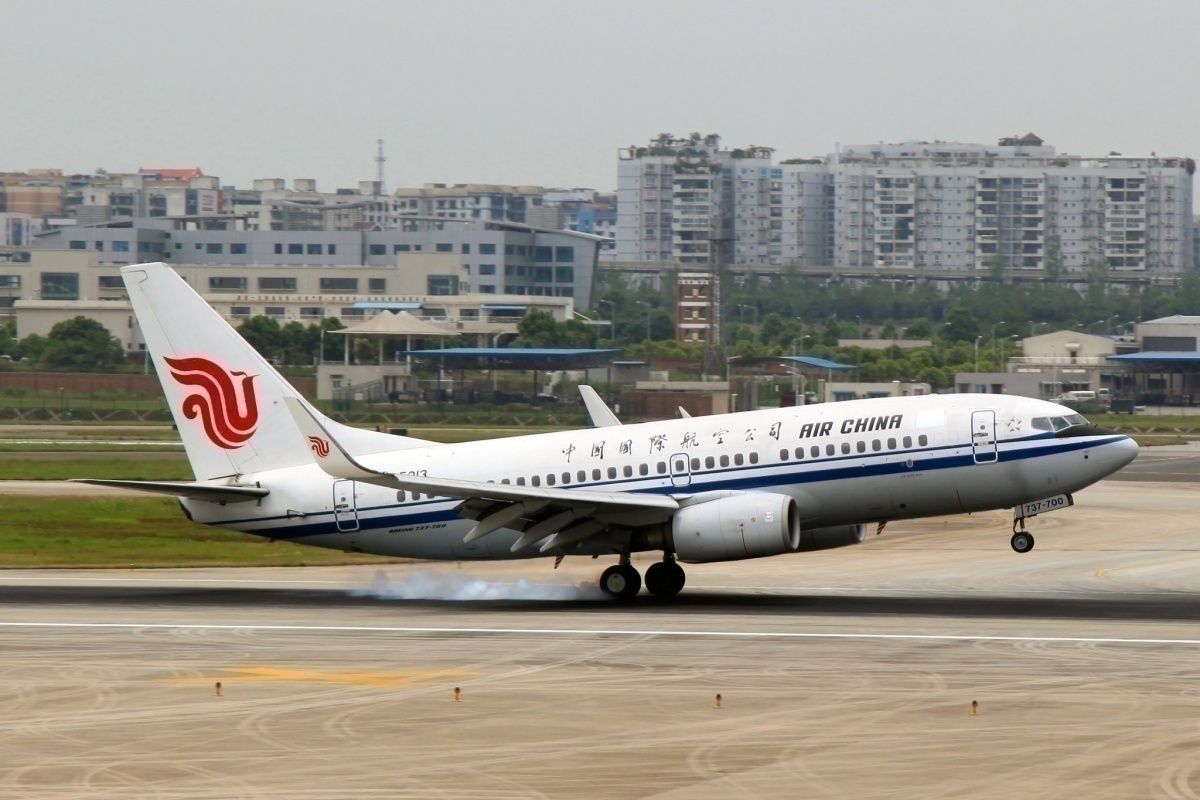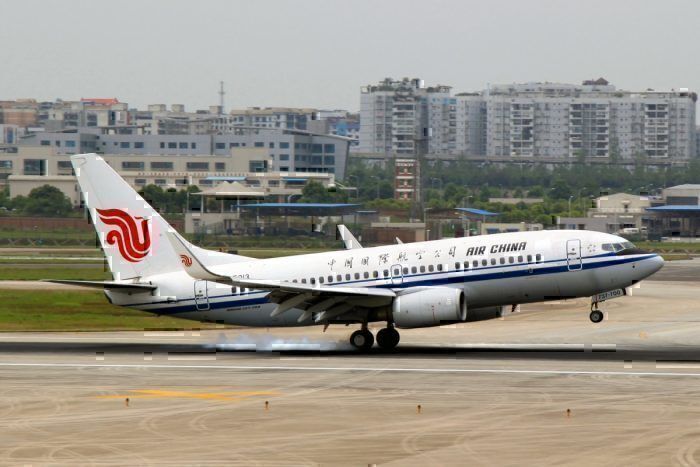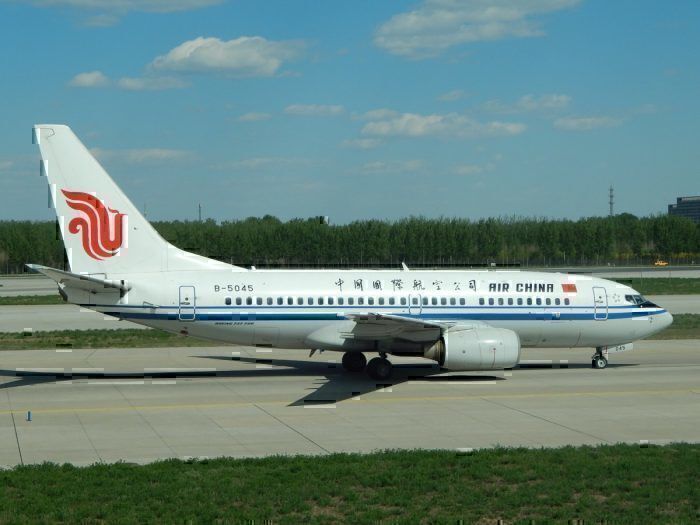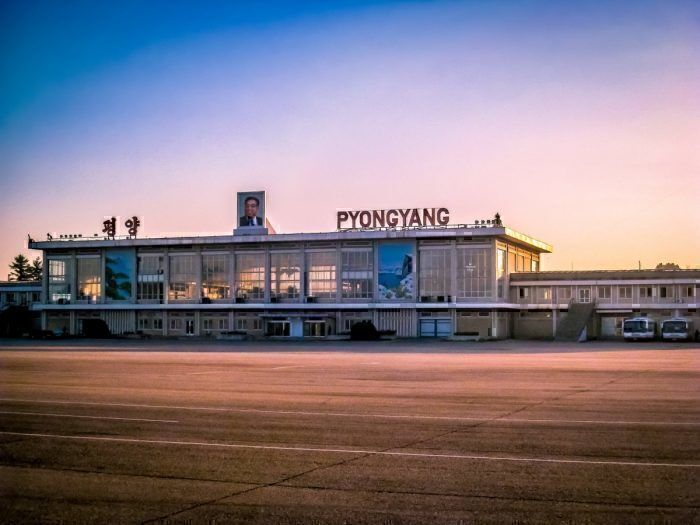Air China has found itself at the center of a debate surrounding the implications of an aviation fuel transfer in North Korea. The airline was caught refueling its Boeing 737 in Pyongyang, sparking questions over whether it breached international sanctions.
What happened?
The news and analysis website, NK Pro, has leaked photos showing Air China refueling one of its Boeing 737-700 jets in North Korea. The photos were taken in Sunan International Airport and show an aircraft connected to an Air Koryo fuel tank. But this is not the first time that Air China has been photographed taking fuel in the country. It has been snapped on numerous other occasions, but this is the first time that it has faced questioning.
When the photographs were presented to the airline, it told NK Pro:
“Aircraft will be fueled for one-way flight Beijing-Pyongyang when departing from Beijing and refueling will be done in the Pyongyang airport for the return flight.”
That seems reasonable on the surface. But some speculate that there might be something more sinister that Air China is concealing from its explanation. And that's due to the dearth of North Korea's jet fuel supply.
The fuel-parched Republic
The crux of the confusion comes from the exact activity captured in the photographs. Was Air China fueling up or un-fueling? Both of these scenarios present potential issues.
Let's first examine the suggestion that Air China was refueling in North Korea. The airline said that it needed additional fuel to complete the one-hour 45-minute flight back from Pyongyang to Beijing. However, the 737-700 should be capable of making the route without the need to refuel and Air China has proved that theory before.
The airline has been photographed just seven times since 2016 with a fuel pump connected to an aircraft. That suggests that every time the airline has departed from Pyongyang it hasn't always needed to refuel. This strategic fuel transfer could represent something else.
North Korea does not have a bountiful supply of jet fuel. The import of aviation fuel has been cut off by the UN who states:
"...all States shall prevent the sale or supply, by their nationals or from their territories or using their flag vessels or aircraft, of aviation fuel...to the territory of the DPRK, or unless the Committee has approved in advance on an exceptional case-by-case basis..."
That means that North Korea would have a particularly anemic supply of jet fuel that it could give to Air China. It hasn't been allowed to import fuel for nearly four years. Even if it did have enough, the exchange wouldn't really work in Air China's favor, as the fuel is likely to be more expensive than it could get elsewhere.
Importation of jet fuel
So if the airline wasn't refueling, could it have been de-fueling? The UN clearly states that this practice is not allowed. No states are permitted to sell jet fuel to North Korea. But there is that exceptional clause. On the basis of humanitarian aid, airlines are permitted to import fuel into North Korea. If this is what Air China was doing, it would be meager rations. And there is no known case for this type of humanitarian aid in North Korea.
What's more, Air China has declined to comment on the situation which further heightens suspicions. Its transparency on the matter would be the key to understanding whether it was in breach of UN regulation. As it stands, the airline looks to be operating with complete disregard towards the sanctions and the question is: why?
Do you think Air China is operating on extenuating circumstances? Is it essential for the airline to refuel aircraft in Pyongyang? Let us know in the comments!




